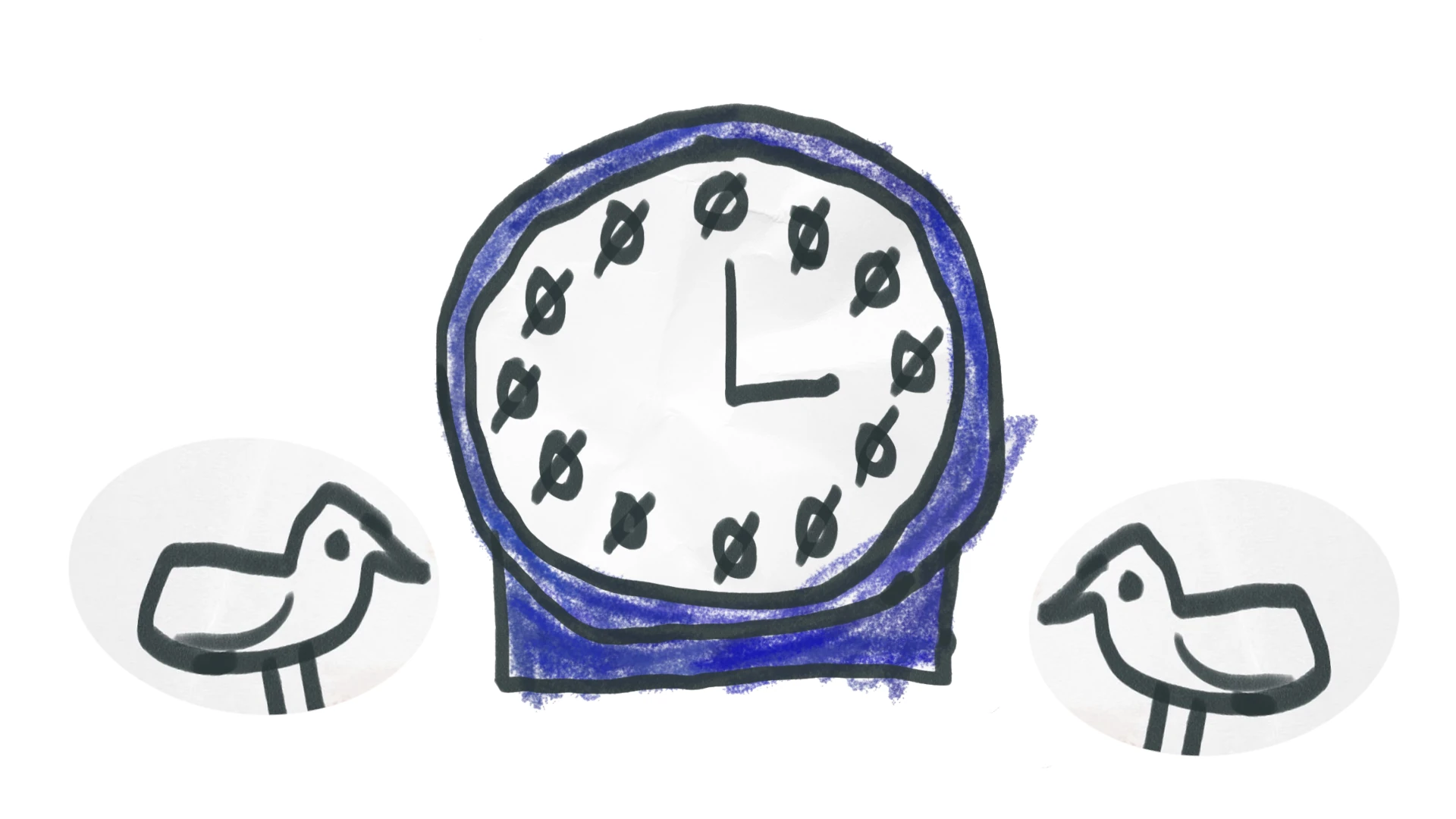
We’re almost halfway through the year, and already Hypha has packed more new projects into the last 6 months than we have in the past 2 years (give or take). We want to be more intentional about sharing our work with the world, so this post is dedicated to Timewave, a very exciting project that Hypha co-founder Udit Vira has been working on since the end of 2023. In this short interview, Udit gives an overview of what Timewave is all about.
We recorded this conversation outside on a warm sunny day in Toronto, so you’ll hear a house sparrow or two as we talk. Consider it part of the ambiance.
Download audio
Transcript
Andi: I’m here today with Udit Vira to talk about Timewave, his newest enterprise. Udit, can you explain what Timewave is in under two minutes?
Udit: In under two minutes… that’s going to be a challenge. Timewave is a new company based in the Cosmos ecosystem that is interested in building tools for internet-native organizations.
Andi: Perfect. That was even under a minute. What is the problem that Timewave is trying to solve?
Udit: Yeah, so this gets into what is an internet-native organization. So an internet-native organization, in our definition, are these new types of organizations that are now emerging on the decentralized web. So these are protocols, decentralized applications, various types of DAOs that we’re seeing more and more as the organizing principle around which the new internet organizations are forming. And so what Timewave does is build tools to allow these different types of internet-native organizations to collaborate with each other. And so if you think about traditional organizations, the way they work together is through agreements with each other, partnerships with each other. And the types of partnerships you can imagine existing are things like a vendor-customer relationship, a partnership, an equity swap, a merger, or an acquisition. So these types of agreements — which have always existed in the traditional economy — we imagine will also exist in this new decentralized economy that’s being formed. And so we are building tools to allow these types of partnerships to exist between internet-native organizations.
Andi: All right, excellent. And can you explain where Timewave is in its startup journey?
Udit: Yeah, Timewave is a very new company. We have existed — the folks who started Timewave have existed — in the Cosmos ecosystem for a long time. We’ve been around. Some of us were involved early in the Cosmos Hub. Some of us have been doing product work on various parts of the Cosmos stack for many years. A couple of us were a part of the White Paper team that wrote Atom 2.0, the Cosmos Hub White Paper. So we’ve been around for a while. And Timewave is a newer organization; we’ve only existed for about six to eight months, I want to say. And so far, we have been funded purely by service agreements and grants. We are now considering raising venture capital to accelerate the team and hire more and be able to do more with various different internet native organizations.
Andi: Can you talk about your current number one challenge and what you’re doing to overcome it?
Udit: Yeah. I think the hardest challenge in Timewave right now, from a technical point of view, is being a cross-chain protocol. So normally, when people start crypto projects, they focus on a particular ecosystem or in a particular domain. The nature of our project is that it kind of exists in this sort of interstitial space between many different protocols. We’re creating a layer between many different protocols because we want them to be able to make agreements with each other. So because the nature of the project is interoperability, we have to be able to integrate with many different types of protocols, many different types of technologies. And we are realizing that the cost of integration is actually quite high. Every time we want to work with a new type of protocol or a new type of agreement that we’re trying to create, there’s an additional cost to that. So trying to find a way to reduce this integration cost is going to be the determining factor in succeeding as a company. So a lot of our effort is trying to understand how to decrease these integration costs into different types of protocols and in different types of ecosystems.
Andi: And lastly, what are you most excited about in the coming months, or what are you most proud of?
Udit: The thing that I’m the most proud of is that we’ve just started growing the team, and I’m extremely proud of our team. We’ve been hiring some of the best developers that I’ve found so far. And a lot of work in building a good team is creating the right kind of environment and atmosphere for talented people to thrive. And I think we’re doing that, and I think we’re doing a really good job. So I’m really proud of that. The thing that I’m most excited for right now is… I mentioned one of the biggest problems in our problem space is essentially trying to lower the cost of integrations. And we’ve been tackling this problem for the last six months in different kinds of ways. And we have a new architecture that we’ve been working on for the last little bit, and I’m really excited to kind of finalize the details of that architecture and start building it out.
Andi: Thanks, Udit. Everyone at Hypha is excited to see what happens next with Timewave. And we’ll check back in a few months for another update.
Udit: Thank you, Andi.